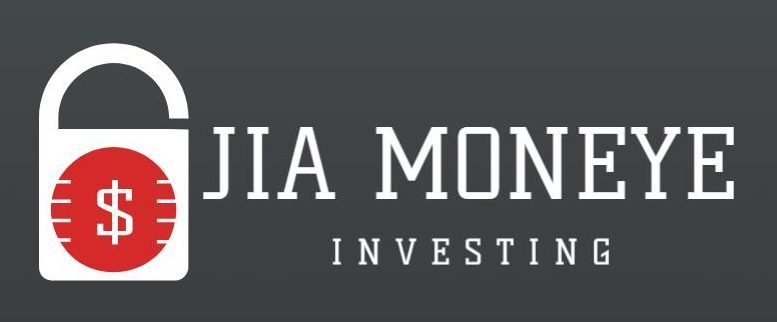
Emergency Loans: Options and Considerations
Understanding the Role of Secured Credit Cards in Debt Recovery
Secured credit cards are a powerful tool that can play a significant role in debt recovery. They are designed to help individuals with poor or no credit history to build or rebuild their credit. This is achieved by providing a safe and controlled environment for credit usage, which, when used responsibly, can lead to improved credit scores and financial stability.
Secured credit cards function similarly to regular credit cards, but with one key difference: they require a security deposit. This deposit, which typically ranges from $200 to $2,500, serves as collateral and sets the credit limit for the card. If the cardholder fails to make payments, the card issuer can use this deposit to cover the outstanding balance. This reduces the risk for the card issuer, making secured credit cards more accessible to those with poor or no credit.
The primary purpose of a secured credit card is to help individuals establish or rebuild their credit. Each time a cardholder makes a payment on time, this positive behavior is reported to the credit bureaus. Over time, a pattern of responsible credit usage and timely payments can significantly improve a person’s credit score. This is particularly beneficial for those recovering from debt, as a higher credit score can lead to better loan terms and lower interest rates in the future.
However, it’s important to note that secured credit cards are not a quick fix for debt recovery. They are a tool that, when used responsibly, can contribute to long-term financial health. This means that cardholders must be diligent about making payments on time and in full, and they should avoid maxing out their credit limit. It’s also crucial to choose a secured credit card that reports to all three major credit bureaus to ensure that all positive behavior is accurately reflected in the cardholder’s credit history.
While secured credit cards can be a stepping stone towards better credit, they are not without their drawbacks. These cards often come with higher interest rates and annual fees than unsecured cards. Additionally, the required security deposit can be a barrier for some individuals. However, for many, the potential benefits outweigh these drawbacks. The opportunity to build or rebuild credit, potentially leading to better financial opportunities in the future, can make secured credit cards a worthwhile investment.
In conclusion, secured credit cards can play a pivotal role in debt recovery. They provide a controlled environment for credit usage, allowing individuals to demonstrate responsible credit behavior and improve their credit scores. While they require a security deposit and often come with higher fees, the potential benefits can make them a valuable tool for those working towards financial stability. As with any financial decision, it’s important to carefully consider the pros and cons and to use the card responsibly to reap the benefits. With careful use, a secured credit card can be a stepping stone on the path to debt recovery and financial health.
Understanding Your Options: A Comprehensive Guide to Emergency Loans
Emergency loans are a financial lifeline for many individuals who find themselves in unexpected and urgent financial situations. These loans are designed to provide quick access to funds, often within a day or two of application. However, before diving headfirst into the world of emergency loans, it is crucial to understand your options and the considerations that come with them.
Firstly, personal loans are a common type of emergency loan. They are typically unsecured, meaning they do not require collateral. Personal loans can be obtained from various sources, including banks, credit unions, and online lenders. They offer flexibility as they can be used for a wide range of purposes, from medical emergencies to urgent home repairs. However, it’s important to note that personal loans often come with higher interest rates, especially for those with poor credit scores.
Next on the list are payday loans. These are short-term, high-cost loans that are typically due on your next payday, hence the name. Payday loans can be a quick solution for immediate cash needs, but they come with a significant downside. The interest rates and fees for payday loans are notoriously high, often leading borrowers into a cycle of debt. Therefore, they should be considered as a last resort.
Credit card cash advances are another option for emergency loans. This involves withdrawing cash from your credit card, up to a certain limit. While this can be a convenient option, it comes with high interest rates and fees. Moreover, interest begins accruing immediately, unlike regular credit card purchases where you have a grace period.
Home equity loans and lines of credit are options for homeowners. These loans allow you to borrow against the equity in your home. While these loans often have lower interest rates, they come with a significant risk. If you fail to repay the loan, you could lose your home.
Transitioning from the types of emergency loans, it’s equally important to consider the implications of these loans. The most immediate consideration is the cost. Emergency loans often come with high interest rates and fees, which can make them expensive in the long run. Therefore, it’s crucial to understand the total cost of the loan, including the principal, interest, and any fees.
Another key consideration is the repayment term. Some emergency loans require repayment within a few weeks, while others may offer repayment terms of several years. It’s essential to choose a loan with a repayment term that you can realistically manage.
Lastly, consider the impact on your credit score. While some emergency loans, like payday loans, don’t typically require a credit check, failing to repay these loans can still harm your credit score. On the other hand, making timely repayments on personal loans can help improve your credit score.
In conclusion, emergency loans can be a valuable tool in managing unexpected financial crises. However, they should not be entered into lightly. Understanding your options and the associated considerations can help you make an informed decision that best suits your financial situation. Remember, it’s always wise to consider alternatives, such as savings or assistance from family and friends, before turning to emergency loans.


